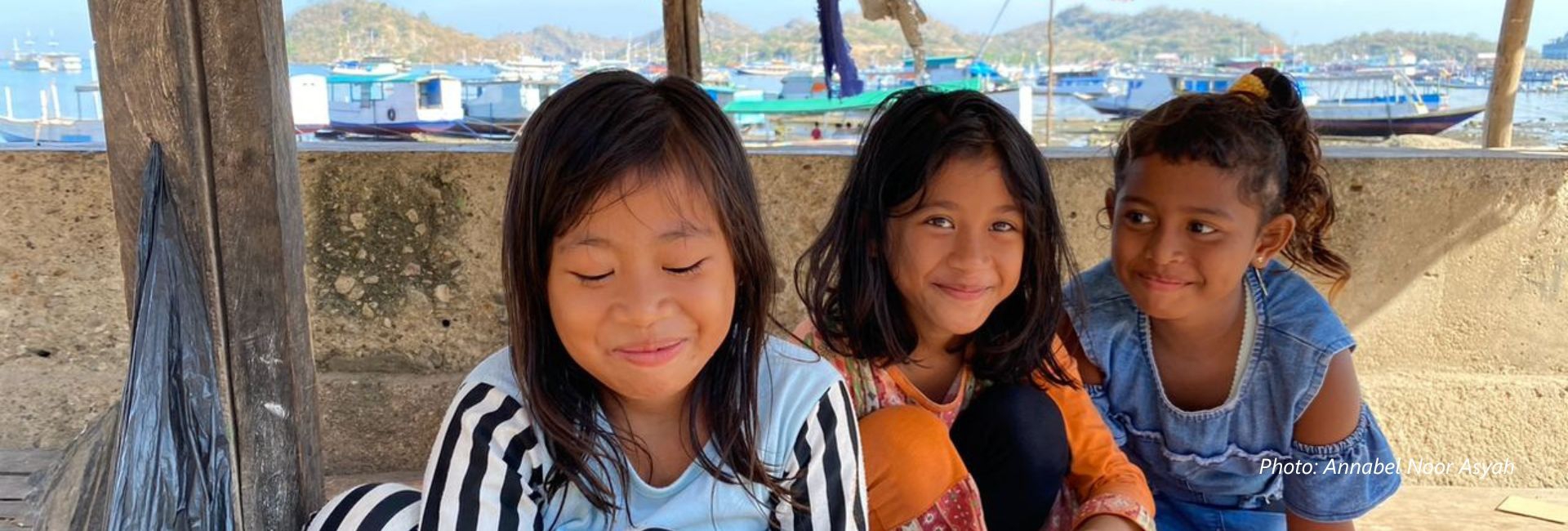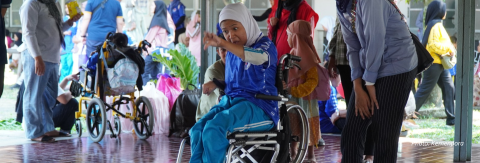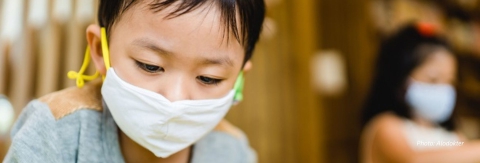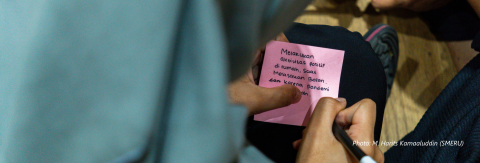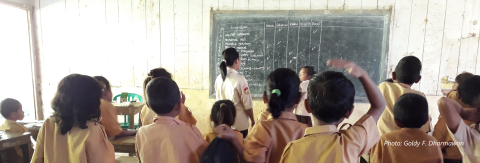This policy brief aims to support dialogue between policy makers on suitable policy orientations regarding children’s well-being in Indonesia. There is growing knowledge that children experience poverty and deprivation differently from adults: they have needs and rights to be fulfilled. However, in reality, there are still vulnerabilities and a lack of options when it comes to realizing their rights. Measuring child deprivation provides direct insights into children’s level of access to goods and services, that often going beyond the capacity and authority of households when it comes to allocation of shared resources to the benefit of their children. Estimates, based on the most recent 2023 data, reveal that 11.78 per cent of children (approximately 9.5 million) in Indonesia live in monetary poor households. On the other hand, almost four-in-10 children are multidimensionally deprived (37.38 per cent, 29.7 million), facing deprivations in at least two of dimensions of their well-being. Policy recommendations highlight the importance of cross-sectoral and comprehensive approaches to address child poverty and multidimensional deprivation of child rights, aiming to benefit of the poorest and most deprived sub-groups.


